The Ecology of Seeds
What determines the number and size of the seeds produced by a plant? How often should it reproduce them? How often should a plant produce them? Why and how are seeds dispersed, and what are the implications for the diversity and composition of vegetation? These are just some of the questions tackled in this wide-ranging review of the role of seeds in the ecology of plants. The authors bring together information on the ecological aspects of seed biology, starting with a consideration of reproductive strategies in seed plants and progressing through the life cycle, covering seed maturation, dispersal, storage in the soil, dormancy, germination, seedling establishment, and regeneration in the field. The text encompasses a wide range of concepts of general relevance to plant ecology, reflecting the central role that the study of seed ecology has played in elucidating many fundamental aspects of plant community function.
{{comment.content}}

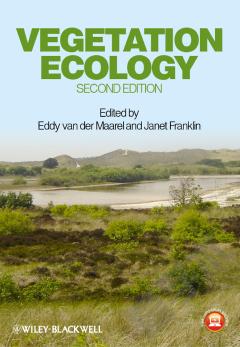
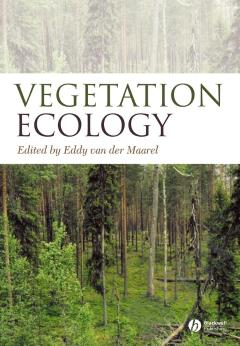
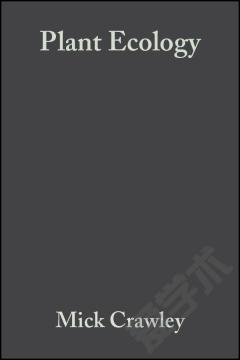
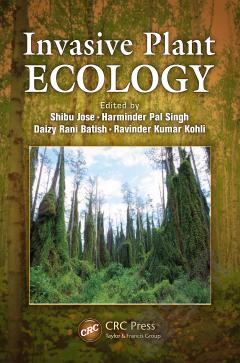

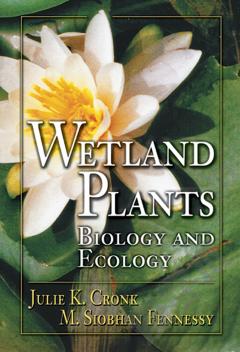

 京公网安备 11010802027623号
京公网安备 11010802027623号